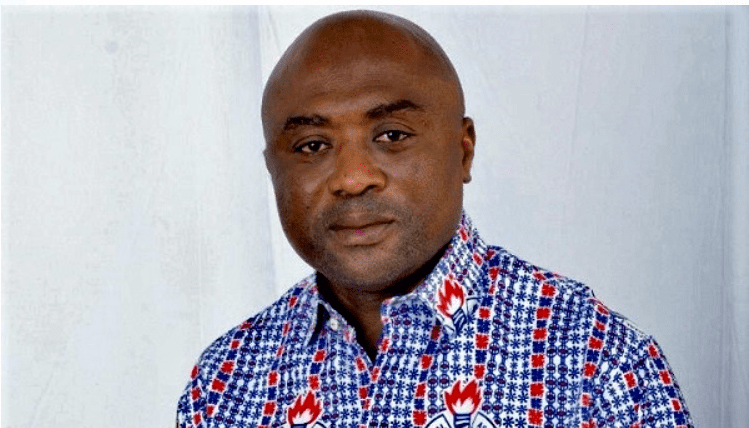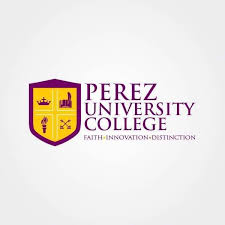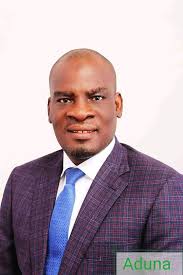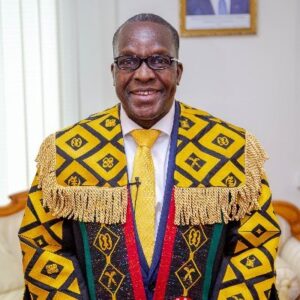GNAT Calls on Mahama to Prioritize the Implementation of Pre-Tertiary Education Funding Act

Thomas Musah Tanko, the General Secretary of the Ghana National Association of Teachers (GNAT), has called on President-elect John Dramani Mahama to make the passage of the Pre-Tertiary Education Funding Act a top priority. Tanko emphasized that the proposed Act is essential for addressing the growing challenges within the country’s pre-tertiary education system. He expressed concern about the gradual collapse of schools in the sector, pointing to inadequate infrastructure, funding shortfalls, and other ongoing problems that have worsened over the years. Tanko believes that this Act will provide a sustainable and equitable model for funding education at the pre-tertiary level.
In a recent interview with 3news’ Daniel Opoku on December 16, Tanko proposed various funding sources to support the Pre-Tertiary Education Funding Act. These include property taxes, contributions from Parent Teacher Associations (PTAs), and even portions of revenue generated from the country’s petroleum resources. He also suggested that a small increase in the Value Added Tax (VAT) could be another potential source of revenue to support the Act. Tanko explained that such a funding structure would provide a reliable and consistent way to finance pre-tertiary education and address issues like infrastructure deficits, the capitation grant, and the challenges arising from the Free Senior High School (SHS) program.
Tanko pointed out that a well-designed Pre-Tertiary Education Funding Act would ensure that education in Ghana is not solely reliant on government funding but could also tap into contributions from various sectors of society. “When we get that particular Act in place, we will be assured, whether we are rich or poor, about how our education system will be funded. We can integrate PTA contributions into the Act, giving parents the opportunity to legally support their children’s education. Additionally, we can find a way to tax the wealthy to ensure that the less privileged are also catered for,” Tanko explained.
Tanko stressed the urgency of these reforms, stating that education is a key weapon in breaking the cycle of poverty in Ghana and sustaining the country’s democracy. He urged the President-elect to take swift action to address the growing concerns over the state of the education sector. “We must get our education system right. Education is the only weapon we have to break the cycle of poverty. If we get education right, we will have a sustainable democracy,” Tanko said. He noted that addressing the challenges within the education sector requires a collective effort, with both the government and society working together to find solutions.
Tanko’s call comes at a time when the education sector is facing significant challenges, particularly in the pre-tertiary level. He highlighted the critical need for an effective and sustainable funding model that would ensure equitable access to quality education for all students, regardless of their economic background. The funding challenges have been exacerbated by the Free SHS program, which has placed additional strain on the country’s education budget. Tanko believes that the passage of the Pre-Tertiary Education Funding Act would provide the necessary resources to address these issues and set a strong foundation for the future of education in Ghana.
In addition to PTA contributions and property taxes, Tanko also proposed that a portion of Ghana’s petroleum revenue could be allocated to support the funding of pre-tertiary education. He suggested that these funds, along with other potential revenue streams, could provide a solid financial base for the education system, ensuring that schools are adequately funded and that students receive the support they need.
Tanko concluded his remarks by calling on both the outgoing and incoming governments to take immediate steps to pass the Pre-Tertiary Education Funding Act before the end of the year. He emphasized that this reform is crucial for the long-term success of the country’s education system, ensuring that future generations are equipped with the skills and knowledge needed to thrive in an increasingly competitive world. As the country looks ahead to the future, Tanko’s plea for action underscores the importance of investing in education as a key driver of national development.






